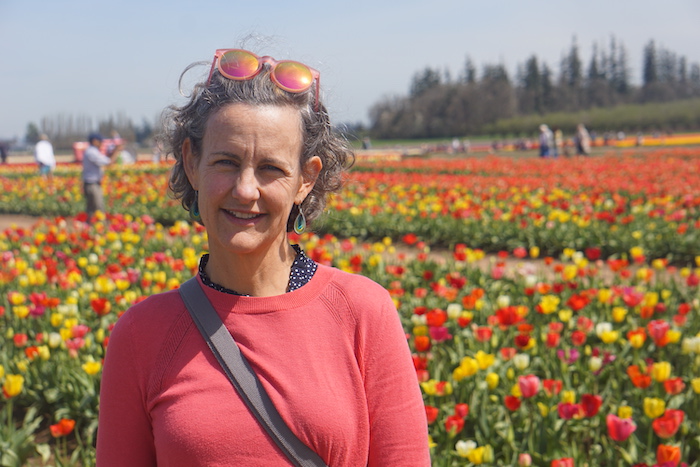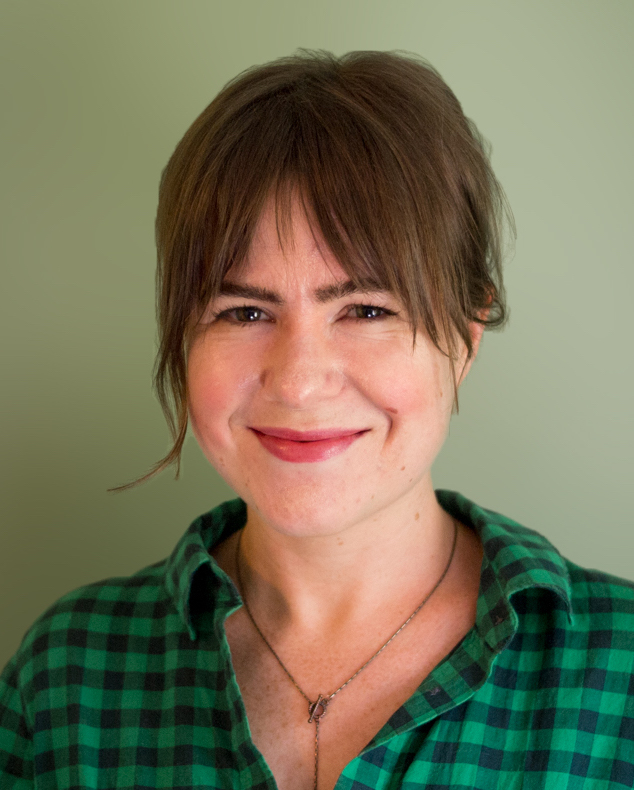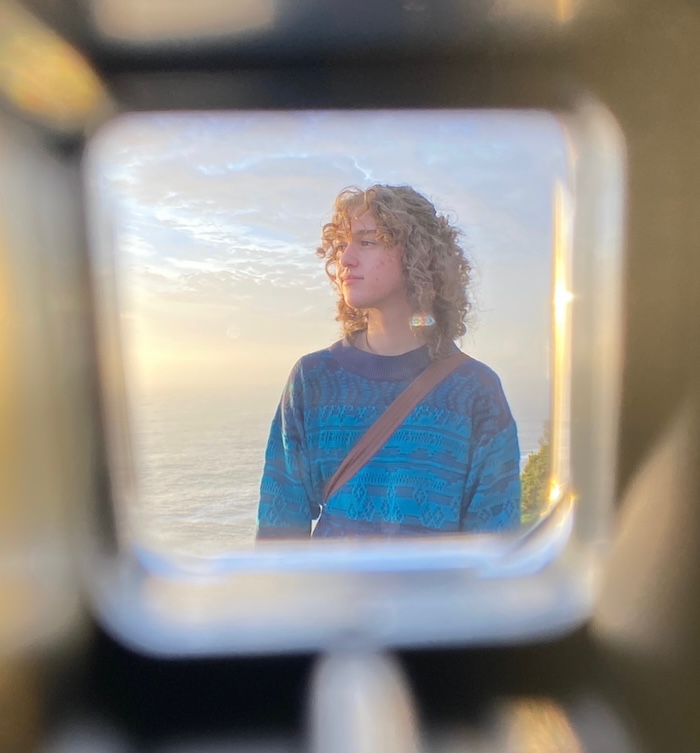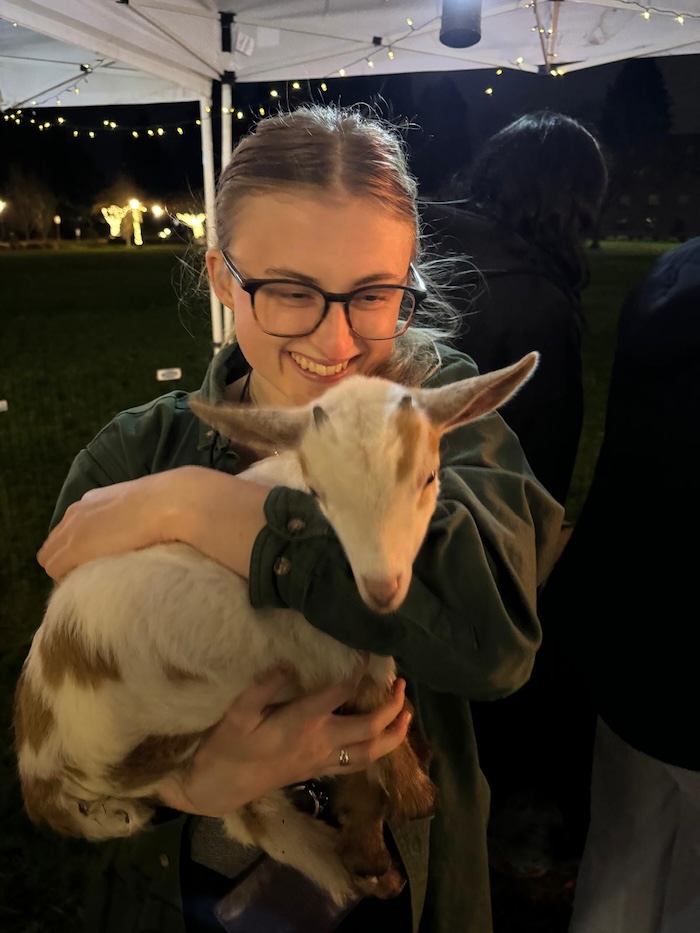
All of the work in the program this year is part of a larger, long-term project to build the Engaged Humanities at UP. With the support of a grant from the Mellon Foundation, the program is creating a Civic Humanities Incubator that aims to spark ideas, partnerships, and projects that mobilize the practices of the humanities to create connection, conversation, and collaboration with our local neighborhoods, the city of Portland, and the wider public. The 3-year award, the largest humanities grant in UP history, will allow the program to seed and support a range of interdisciplinary humanities work that makes a difference in the public sphere and empowers students and faculty to engage across difference in ways that create lasting connections between campus and community. In addition to documenting and publicizing the "Wild Humanities" projects, the team will also research best practices for a new "Neighborhood Humanities" curriculum and a Civic Humanities Residency and Internship program, in addition to networking with other institutions and organizations that connect civic engagement with the practices of the humanities. In support of this work, the team will also design and host related campus and community events across the year.

Molly Hiro is Professor of English and a co-founder of the Public Research Fellows program. She teaches courses in American, African American, and multi-ethnic American literature, and she has published on race, feeling, pedagogy, and the engaged humanities in books and in journals such as Novel, Arizona Quarterly, and Arts and Humanities in Higher Education.

Jen McDaneld’s research focuses on suffrage literature, U.S. women’s rights movements, and the engaged humanities, with essays published in journals like Legacy, Signs, Feminist Teacher, Pedagogy, and Arts and Humanities in Higher Education. One of the founders of the Public Research Fellows, she serves as the program’s Director and teaches the PRF courses, Engaged Humanities Fundamentals and Engaged Humanities Futures, in addition to courses in American literature and the core curriculum in the English department. She is one of the PIs on a 3-year Mellon grant project to build a Civic Humanities Incubator at UP. She holds a Ph.D. in American literature from University of North Carolina at Chapel Hill and a Graduate Certificate in Feminist Studies from Duke University.

Year: Senior
Major/minor: English and Environmental Ethics and Policy
Hometown: Pacifica, CA
Why PRF: Working on this grant, I'd like to improve my outreach skills by both opening further conversation towards potential partnerships between UP and local organizations, and increasing the audience of our researchers' hard-earned deliverables. As undergrads, it can be nerve-wracking to enter into these spaces alone and learn how to apply our academic skills to social organizing, and the PRF program offers a crucial bridge to this personal and community development. Additionally, it diversifies and broadens the resources and skillsets available to local organizations seeking social betterment. PRF provides a highly collaborative option for this engagement, brings research into the public sphere, and showcases how the humanities are critical to consciously and ethically embarking on community based projects.

Year: Junior
Major/minor: Environmental Ethics and Policy/Constitutional Studies/Philosophy
Hometown: Kalispell, MT
Why PRF: I am interested in working on this grant because I love research and when I read the description of the PRF program and this year's projects, my interest was piqued. I found the undergraduate research really engaging and it felt very "build your own adventure" in terms of structure, which I always love. I think this kind of research is so important and I really wanted to be a part of it.